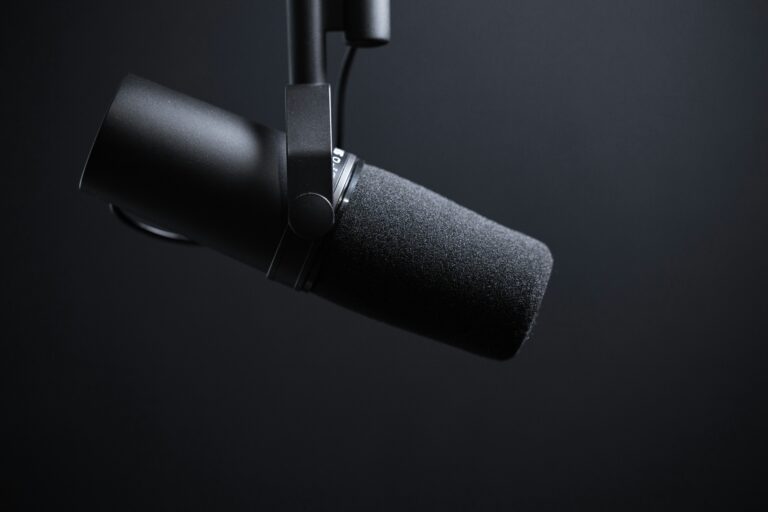Why Are People Shaming Mariah Carey?
In April 2018, Mariah Carey announced to the world that she has been battling bipolar disorder type 2. In fact, she was first diagnosed back in 2001.
Like many who live with bipolar disorder, she did not come to terms with her diagnosis right away.
Until recently I lived in denial and isolation and in constant fear someone would expose me It was too heavy a burden to carry and I simply couldn’t do that anymore. I sought and received treatment, I put positive people around me and I got back to doing what I love — writing songs and making music.”
Hearing Mariah Carey’s words and her story truly touches my heart.
I Empathize With Mariah Carey
Personally, when I was first diagnosed with bipolar disorder type 1, I felt like a weight lifted off my shoulders. Finally, I discovered what was happening inside my head and I can manage it!
I told a number of my friends and quickly found they were not as accepting as I thought.
So, like Mariah Carey, I decided only a handful of individuals should know.
Not until April 2017 did I yell from the rooftops about my blog detailing my journey with bipolar disorder.
Mariah, I can completely and totally empathize with you.
Judgment And Stigma
One thing I cannot stand is judgment. Especially when it is coming from the peanut gallery.
We have no right to judge the actions of another individual because we are not living in their shoes. We do not know all of their options.
In the mental health community, we should be coming together as a unit. As one, to support each other—not to tear down a fellow warrior.
I hope this article does not come across as attacking.
Since the story of Mariah Carey hit the news, I have been watching the response of the mental health community.
There is an overwhelming amount of judgment. Isn’t that one thing we are battling?
We can speculate all day about her motive and why she came forward.
We can argue if she has bipolar disorder and if this is perhaps some PR stunt to throw her into a positive light.
To me, these discussions do not help us to fight the stigma of mental illness.
She decided to open up about her illness because:
I’m just in a really good place right now, where I’m comfortable discussing my struggles with bipolar II disorder. I’m hopeful we can get to a place where the stigma is lifted from people going through anything alone. It can be incredibly isolating. It does not have to define you and I refuse to allow it to define me or control me.”
End of discussion.
We know Mariah’s doctor diagnosed her with bipolar disorder type 2.
End of discussion.
Isn’t that easy?
As one, to support each other – not to tear down a fellow warrior.
From here on out, let us move forward and work together to end stigma.
How can we end stigma if we perpetuate it ourselves?







